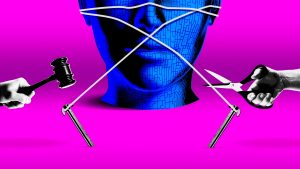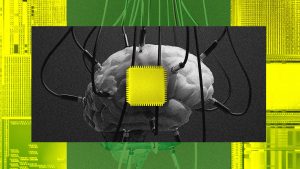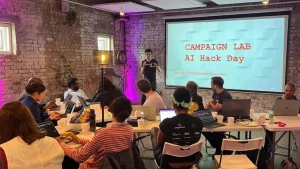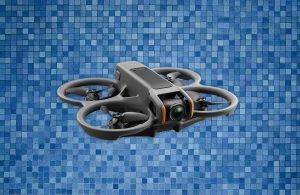The Uncertain Impact of AI on Employment
2 min readNo One Actually Knows How AI Will Affect Jobs
Artificial Intelligence (AI) is rapidly becoming integrated into various aspects of our society, from self-driving cars...

No One Actually Knows How AI Will Affect Jobs
Artificial Intelligence (AI) is rapidly becoming integrated into various aspects of our society, from self-driving cars to personalized advertising. One of the major concerns surrounding the rise of AI is its potential impact on jobs. Will AI create new job opportunities or will it lead to massive job displacement?
While there are numerous studies and forecasts predicting the future of jobs in the age of AI, the truth is that no one actually knows for sure how AI will affect jobs. The impact of AI on the workforce will depend on a variety of factors, including the pace of technological advancement, government policies, and societal attitudes towards automation.
Some experts argue that AI will create new job opportunities in industries such as data science, cybersecurity, and artificial intelligence research. These roles will require individuals to have a strong foundation in STEM (Science, Technology, Engineering, and Mathematics) fields. However, others believe that AI will lead to mass job displacement, particularly in industries that rely heavily on manual labor or routine tasks.
It is also important to consider the ethical implications of AI on jobs. Will AI technology be used to enhance human capabilities and create more fulfilling work experiences, or will it be exploited by corporations to cut costs and maximize profits at the expense of workers?
Ultimately, the impact of AI on jobs will depend on how we, as a society, choose to shape and regulate this technology. It is essential for policymakers, industry leaders, and educators to work together to ensure that AI is used in a way that benefits all members of society, rather than just a select few.






